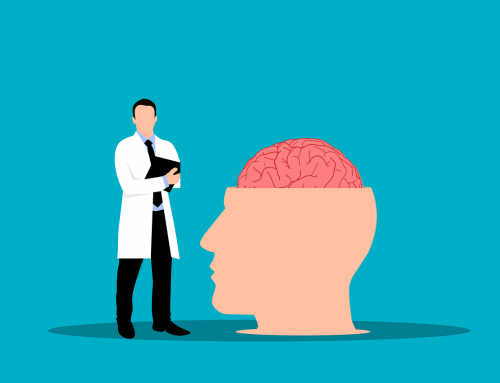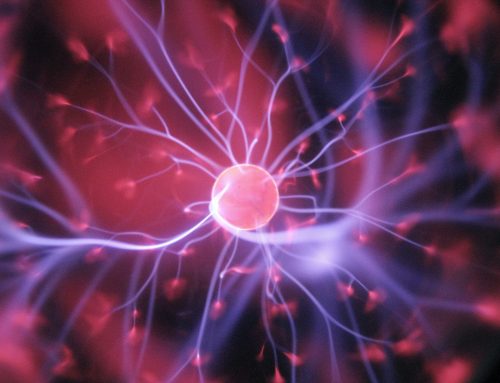There is relatively little empirical research into the flashback phenomenon. Nevertheless, flashbacks are a common distressing symptom people experience in the aftermath of surviving a traumatic event. Traumatic events emotionally overwhelmed the survivor and involve danger of loss of life or limb or witnessing others being harmed. Indeed, flashbacks, nightmares and sleep disturbance might be considered the trifecta of post-traumatic stress disorder.
David J. Morris in his compelling book The Evil Hours: A Biography of Post-Traumatic Stress Disorder describes flashbacks as “memories gone wild.” There is an involuntary aspect to the memory recall which typically includes elements of emotional flooding and dissociation. Flashbacks cause a numbing disconnection from self and a distressing sense of loss of control over one’s mind.
Morris, who was injured in Iraq in an IED Humvee explosion and developed PTSD, told of an incident when he was watching a movie that showed a similar explosion. This triggered a flashback; he dissociated and found himself in the lobby of the theater where his perplexed girlfriend intervened. From my clinical experience, trauma-related flashbacks typically involve emotional states of overwhelming anxiety, panic or terror and constitute an emotional crisis.
Read more at Psychology Today.





